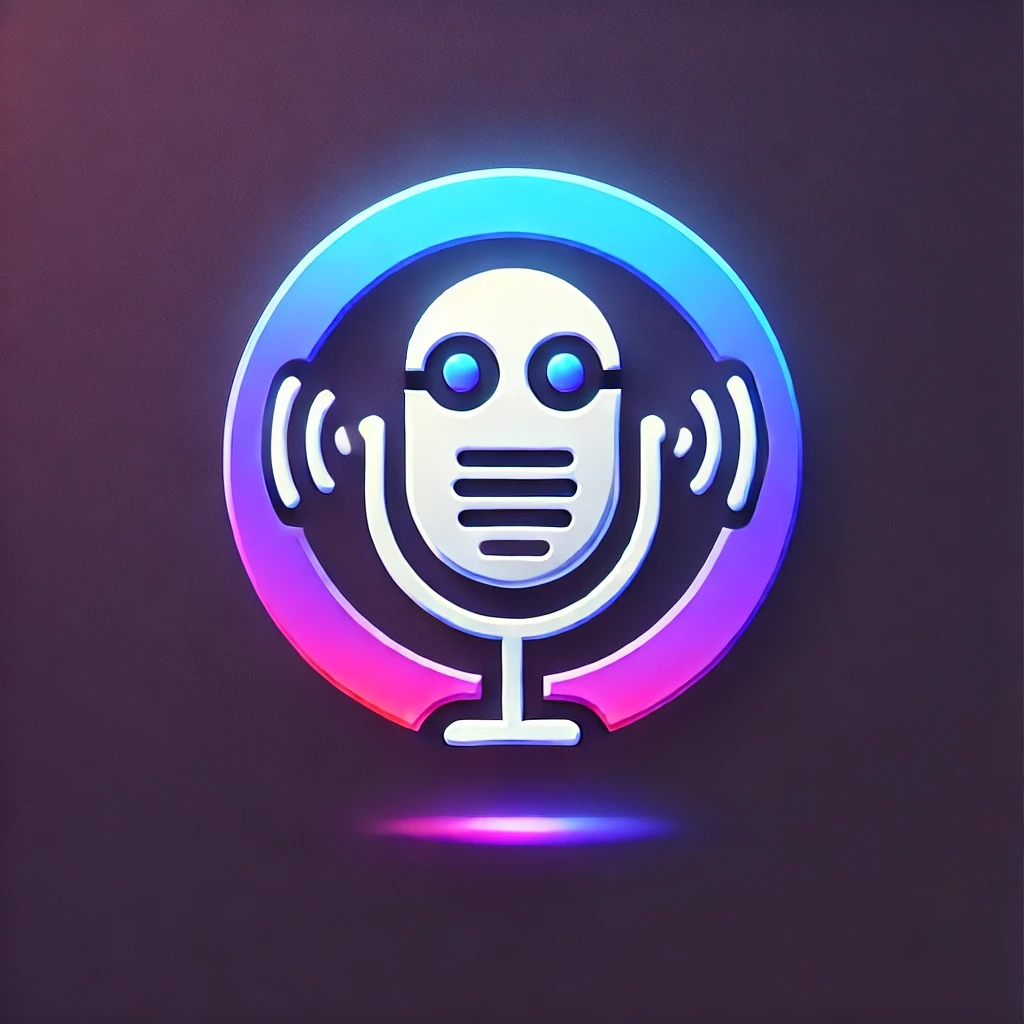Alright, let me tell you a bit about who I am, based on what you've just heard. First off, I'm a musician, through and through. You can hear that from the start, right? I open with a rendition of a work song, "Water Boy," a piece steeped in tradition and the struggles of the past. I'm not just singing it; I'm feeling it, I’m embodying it. My guitar is a part of me, and it helps me connect with the stories I'm trying to tell. I don't just play music; I’m *interpreting* music.
That "Water Boy" song, as I mentioned, that's arranged by Odetta, a real hero of mine. She's one of the artists who showed me the power of folk music, and where it comes from.
And this is really important to me: I consider myself a historical musician, and it’s not just a label. I mentioned how I started with the Carolina Chocolate Drops, and how I've continued to explore that kind of music on my own. For me, digging into the roots is essential. The history of the music is the history of the people, and that's what I want to share. It's not about putting on a performance. It's about connecting.
You know, I think it’s so important to know your history. Not just for musicians, but for everyone. Knowing where you come from, what your people have been through – it’s vital to understanding who you are. And that's why I dive deep into the history books, particularly now, reading about the Civil War and slavery. It's tough, as I said, really tough. It's not just reading about it in general, but the individual stories of what people went through. It's personal when I read about a mother being struck down, a father being sold. It's real, and it makes me think "that could have been me, that *is* people today”. That’s why you’ve got to find a way to channel that emotion.
That’s where the song, "Come Love Come," comes in. It's my attempt to give voice to those stories, to turn those historical pains into something new. It’s a narrative inspired by all those narratives, a collection of individual experiences, that are both unique and yet connected. I’m trying to put myself in the shoes of these people. It's not just about slavery being "terrible" - which it certainly was - it’s about what that means to an individual's life. A family. Their love story, even within oppression. That's what I'm trying to express when I’m singing that song. It’s a heavy topic, but it’s important that I do my part to keep these stories alive.
And that's what I mean about the darkness needing the light. There's a resilience that comes from the African-American community that I find incredibly powerful. It’s a drive to elevate themselves in the face of oppression. It's inspiring to me, and that's why I end with Sister Rosetta Tharpe.
She's an innovator, a real force in American music, and most people don’t even know her name. She's a foundational figure in rock and roll, and I want to make sure her story and music are heard. Her gospel music, and her cross-over to secular, it’s a history lesson in itself. That’s where that song, “Look Down That Lonesome Road / Up Above My Head” comes from. It’s a connection of what was and what can be. There is darkness, but there is light too. And it’s all connected.
Finally, I want the audience to be part of the experience, and that’s why I bring you into that final song. It's a call-and-response, an interaction, a feeling of community that comes from a long history of gathering together and singing together. We’re all in this together, and that’s what I want you all to feel when you sing along. It's not just a performance for me – it's a shared experience.
So, to sum it up, I’m a musician, a historian, a storyteller, and a bridge between the past and present. I’m passionate about the power of music and its ability to connect us all. And I’ll keep doing what I can to share these stories.

Welcome to Sentivia
Explore interactive AI chatbots inspired by TED Talks.